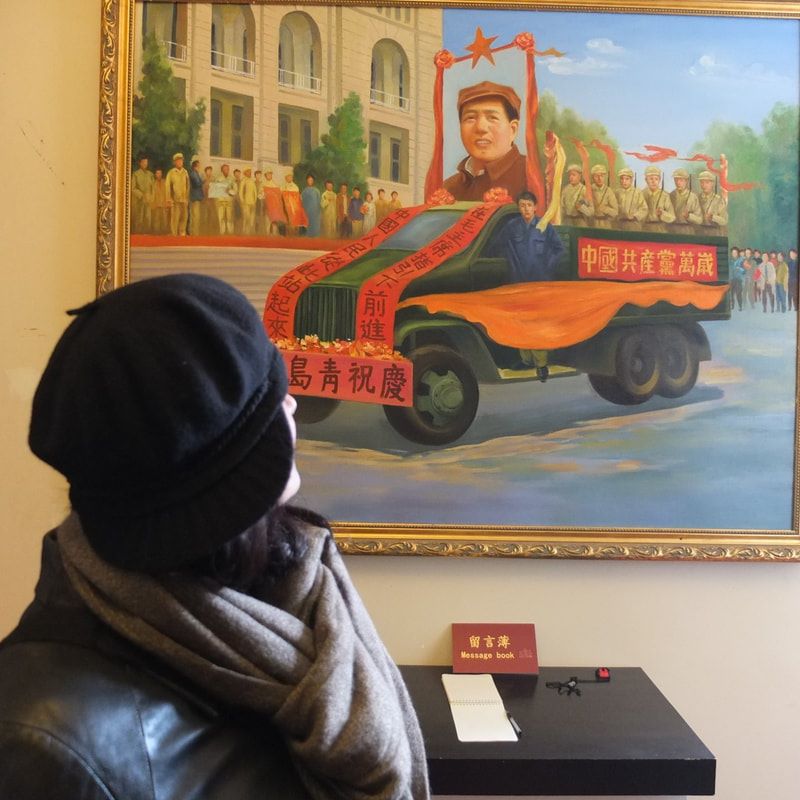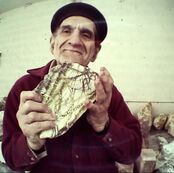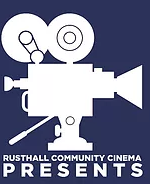|
Why it is important to create a budget along with a proposal for your documentary film How much does it cost to make your DIY doc? WORKSHOP #11 How much will your documentary cost you? That is an important question. Next important question. How much are you prepared to pay? Even low-budget DIY documentaries are going to cost you more than you think. Travel, equipment, apps for the computer, new software. Some assistance for post. So, you might need some extra funds. To secure money you need to convince the funders it is worth giving you the money, and the way to convince them is with a good proposal and budget which helps persuade them see your creativity, financial ability and capacity to finish the film. Where to go to find funding Funding Crowdfunding Production companies My own experience When I lived in Montreal, Canada, I mainly filmed locally, which cut out on production costs. I was also lucky to have been funded for three of my documentaries. I could pay an editor. I crowdfunded with Indiegogo for a sound technician. I began to work on a treatment and a budget when I was in production, so I asked for finishing money, not starting money. Here is an example of my first draft for Dust a Sculptor's Journey - my first full length feature where I raised nearly $48,000 for my first 52-minute documentary) with Quebec grants, the Canada Arts Council and private funders. China Since working in China, I have access to good school equipment. I was helped by a sound technician for my last documentary, The Sea Hut. I did the editing, colour grading and research myself. Other than plane tickets to the UK to film my mother, costs were minimal. I do not count time; if I did it would be two years, 30 hours a week to bring my documentary to fruition. As I was partially funded by my school and the film iss mainly for the Chinese market I did not write a full treatment, only a short synopsis. UK From January 2020 to September 2020 I lived in the UK during lockdown. I used this time to work on the quotidian situation we lived during the first confinement - Covid19. It is still a work in progress.  I used TV and newspapers as a way to document as it was hard to go out. Other than living expenses and the time used to film and organise my footage, I did not spend anything. Again, just time. I will begin to work on the full treatment with budget as I will need help with the post-production. FRANCE At the beginning of September I left for my village, Tuchan, in South Western France, during the grape picking. I began to film the harvest and the dramas which unfolded. I will finish as the village falls into silence, the second lockdown - which is now - and confinement begins. This has cost nothing but my time. At some some point very soon a treatment with budget will be necessary. - POINTS TO CONSIDER 1. Make a production list with these questions in mind:
2. Create your synopsis. This is a one to two page outline of the events of your story. 3. Create a treatment with budget. Your synopsis will accompany examples of how you will:
Example of spreadsheet from Canada Arts Council Example of timeline of events from BBC production MY PLACE 4. Have a plan of action for distribution. Where do you want to screen your documentary? What promotional materials should you prepare?
5. Design a Website/Facebook Page/Instagram/Blog. These are spaces where you can talk about yourself and your work. Getting your ideas out there helps to give you visibility and feedback. In the next workshop I will look at the equipment you need and the costs. Then we move on to THE PRODUCTION PHASE in Workshop #13 Thanks for taking the time to read. Due to being in my village in France, the Internet speed is often chaotic, and many times I cannot get online. Hoping to post this soon. Please leave a comment if you like, and share. LOVE ON YA JEANNE
0 Comments
Leave a Reply. |
Jeanne PopeFilmmaker, teacher, traveller and storyteller
Other Links |
|
"Thank you dear Jeanne. It is an honour to have your creative thoughts which are printed in this film. With your love energy, passion and creative thoughts and encouragement this film can have its own soul finally. Thank you so much". Tao Gu - Taming the Horse
|
"Jeannette taught me the tools I needed, never having made a documentary before. She gave so much time, patience to show me, guide me and share her creativity and skills with me." Dr. Zou Qialing, Beijing Film Academy, Qingdao Campus
|
|
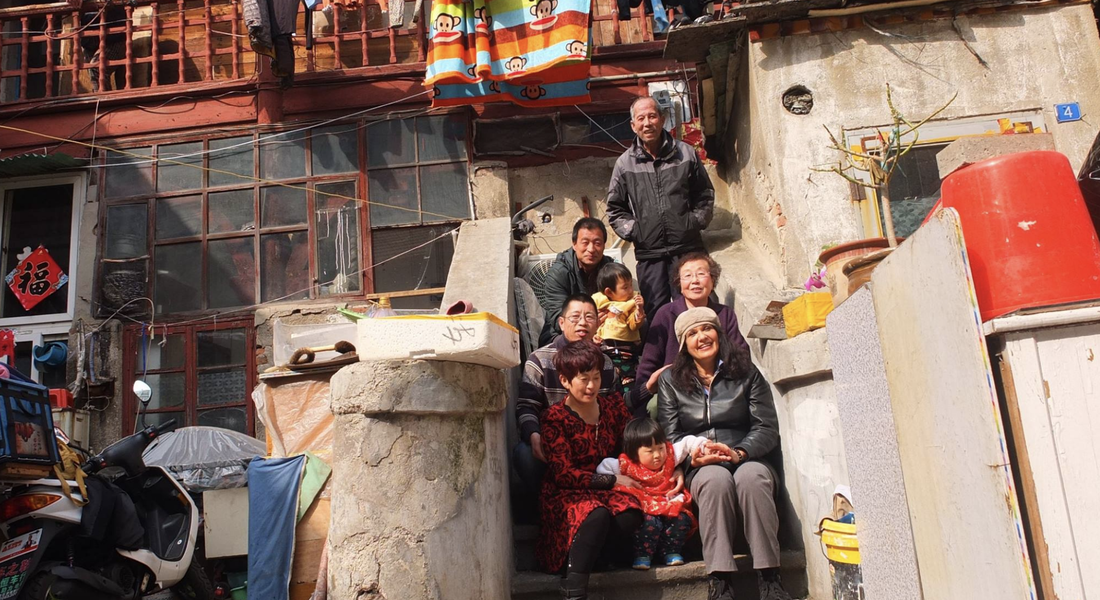
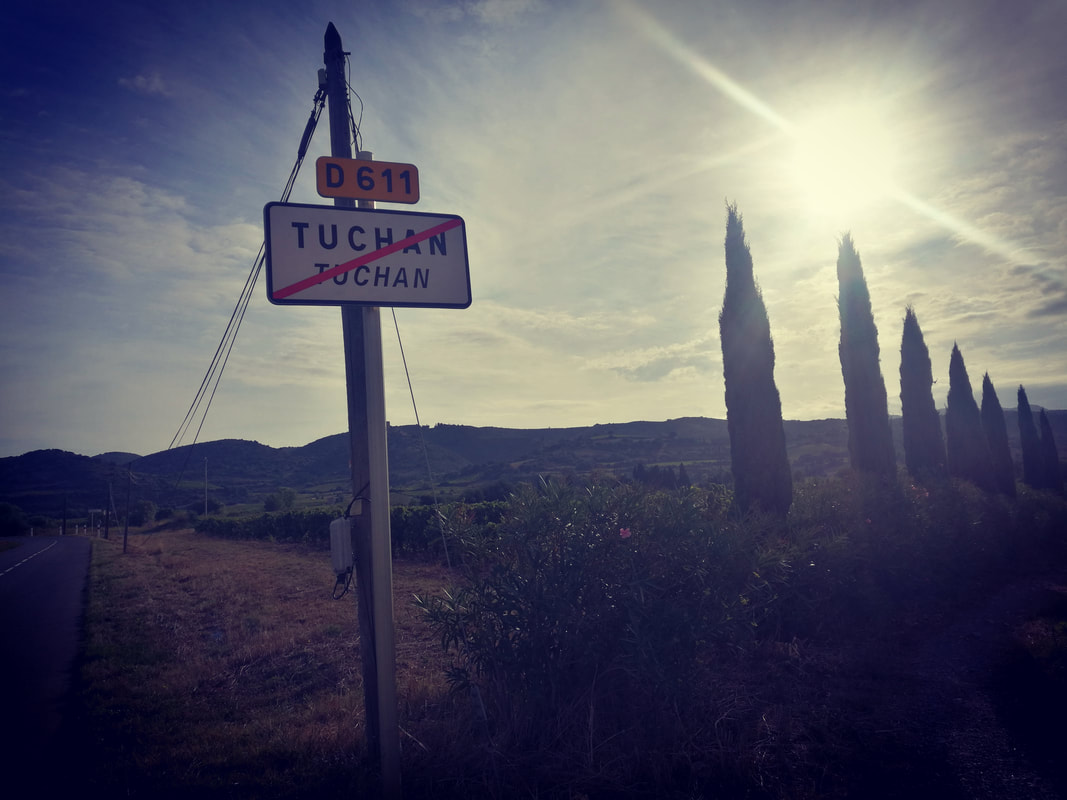
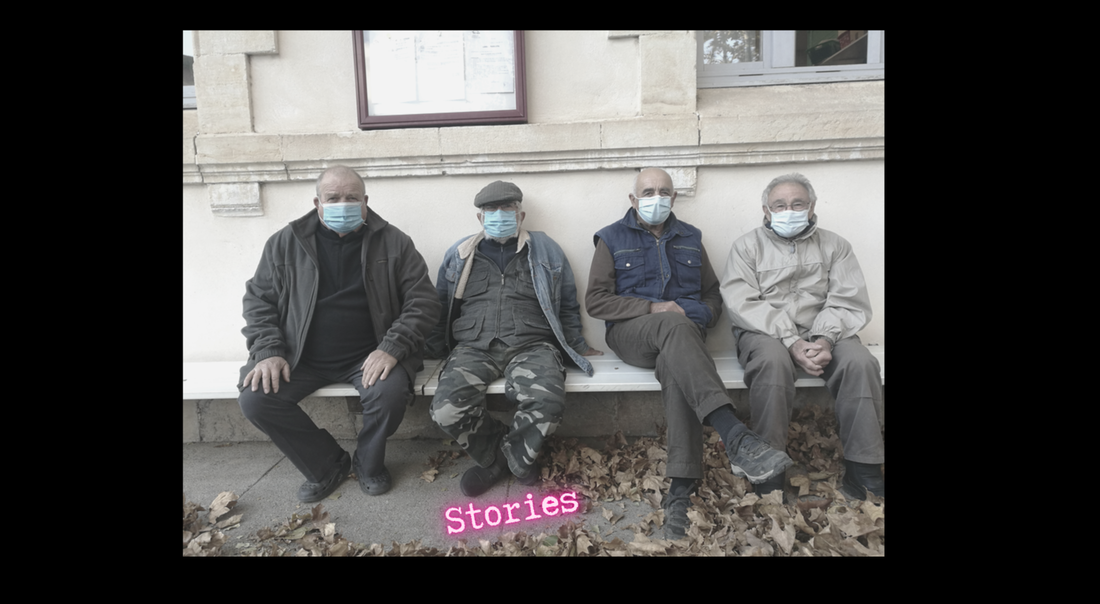
 RSS Feed
RSS Feed
